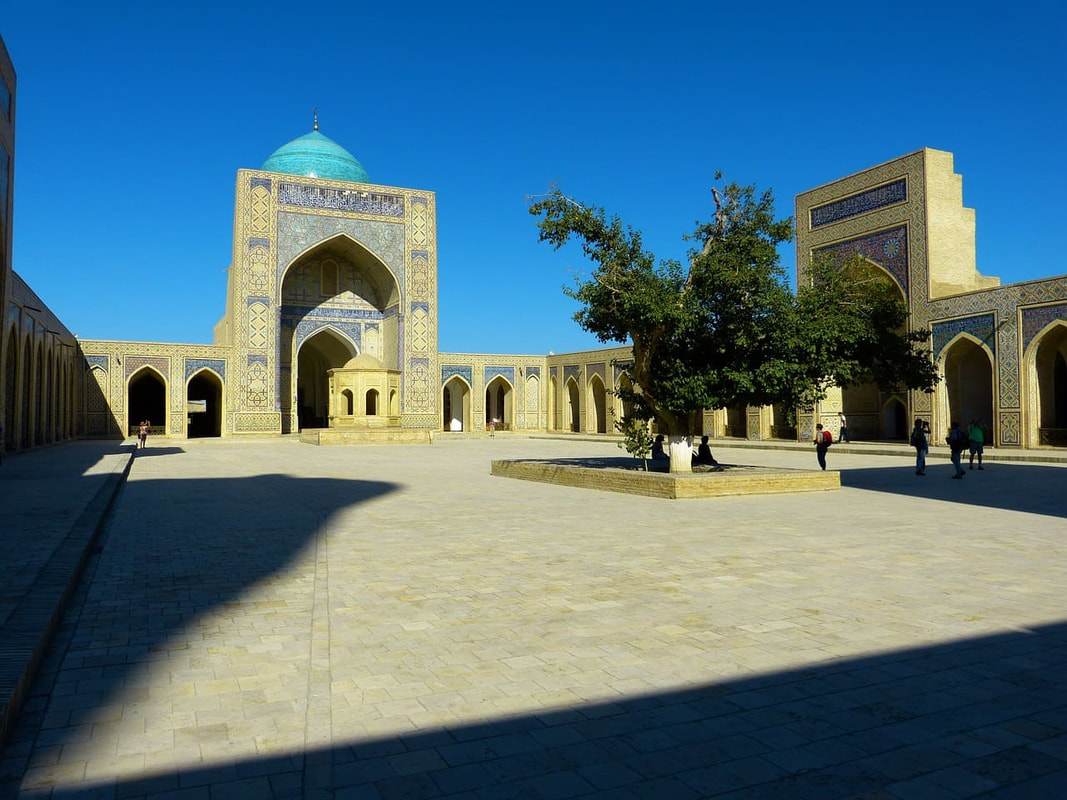Islamic Science as a Scientific Research Program: Conceptual and Pragmatic IssuesThe idea of Islamizing the sciences has become a matter of much passionate discussion and debate among Muslim intellectuals and academicians, including professional scientists, mathematicians, engineers and technologists. Many books and articles have been written and seminars held to clarify the idea in conceptual and pragmatic terms. However, it would seem that little progress has been achieved so far toward achieving a broad consensus among them on a positive reception of the idea. Some, like Abdus Salam and Hoodbhoy, reject the idea altogether, while others accept it wholeheartedly without a clear understanding of what the idea really means and entails for their scientific work, but most working scientists have only a hazy notion of the idea without any genuine intellectual commitment for or against it.
|
Adi Setia
|
|
© Center for Islamic Sciences. All Rights Reserved.
Designed and Developed by Crescent Marketing Solutions |


